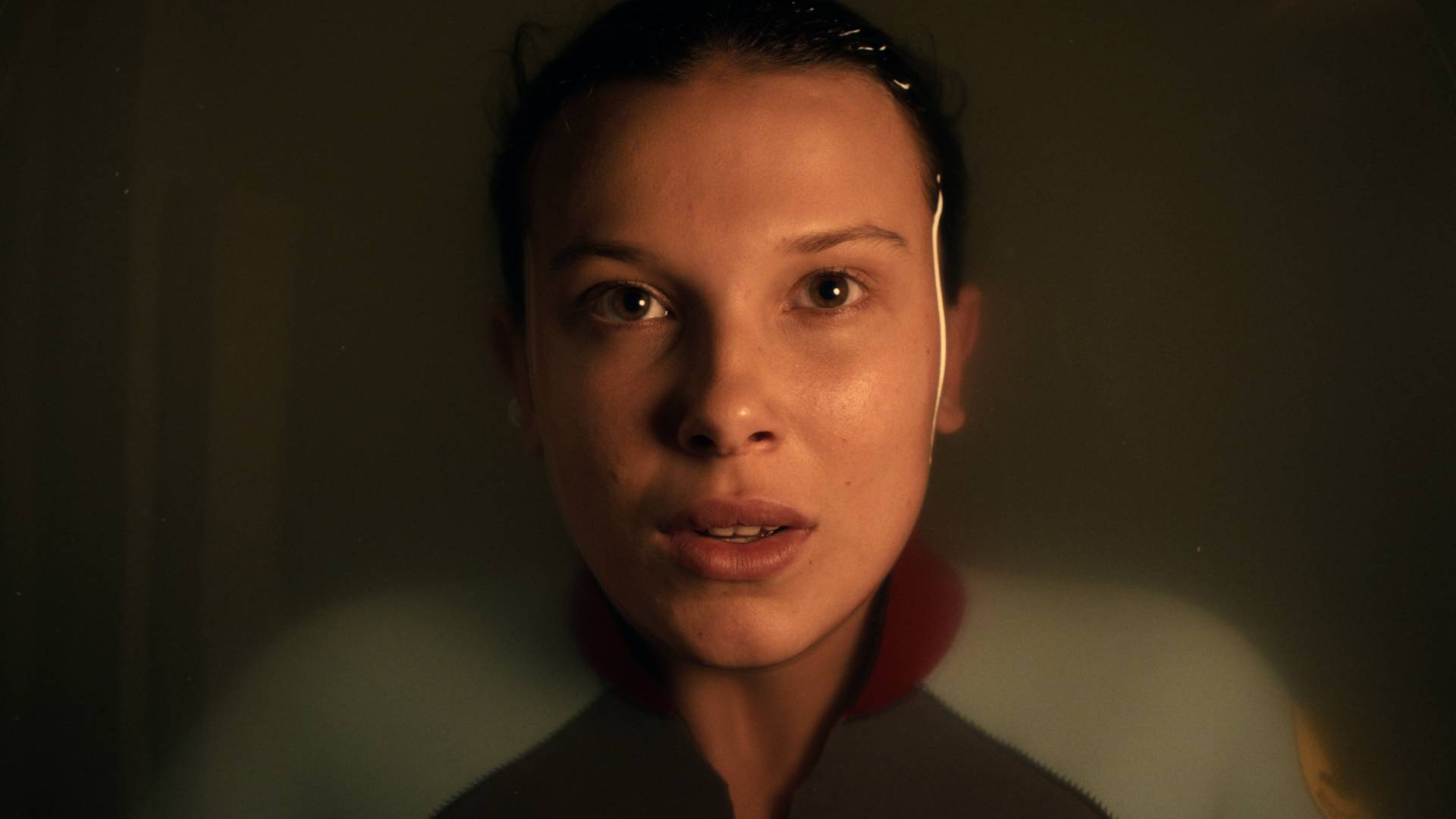Chasing Hearthstone's Legend rank only cost my soul: what life is like when you're consumed by cards
I learned some harsh (but necessary) lessons while trying to prove my worth on the competitive ladder
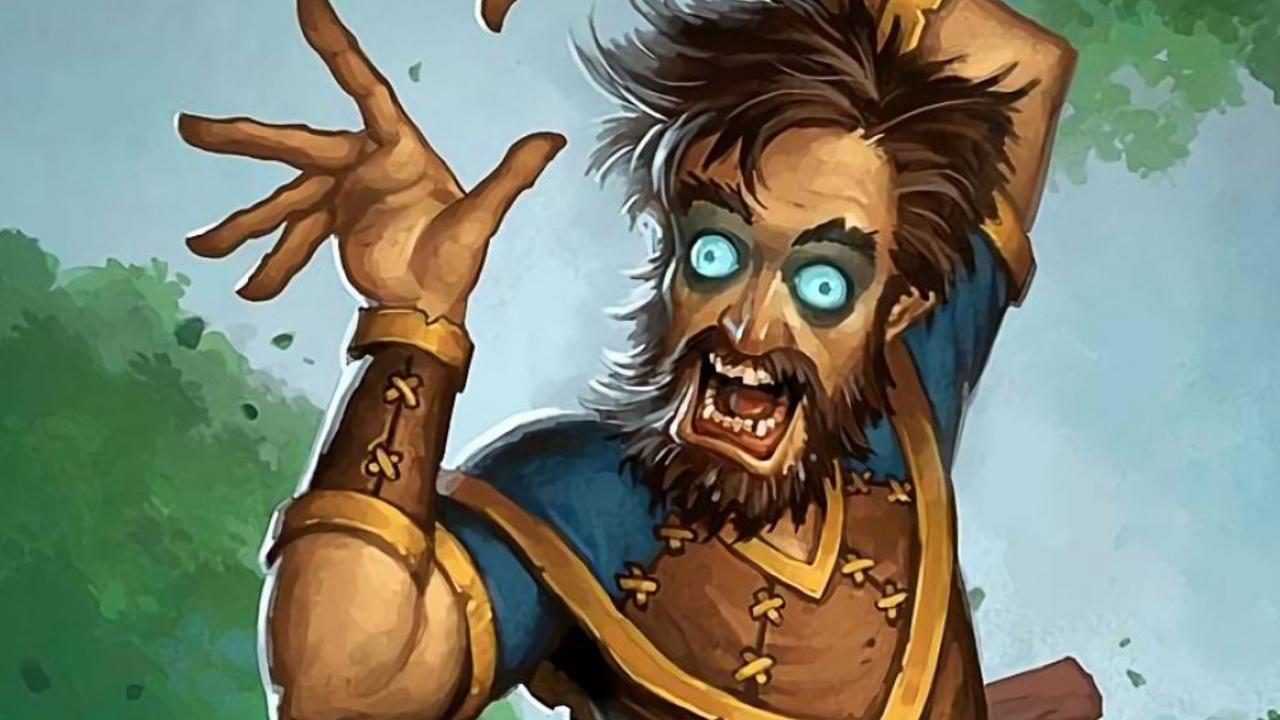
What are you trying to accomplish with your life? If you had asked me such an existential question a few months ago, I would've given you an incredibly shortsighted answer: attempting to hit Legend, the pinnacle of Hearthstone's ranked ladder. I consider myself to be a fairly casual enjoyer of Blizzard's hugely popular, highly polished card game, having played on and off since way back in the Classic era. But somewhere between last December and now, I became completely consumed by the idea of joining the Legend elite, determined to claw my way to the top no matter the monetary or mental cost. What follows is a cautionary tale you can apply to just about any self-imposed ambition in your competitive multiplayer game of choice - though I imagine plenty of Hearthstone fans have shared in the same struggle as of late.
For anyone unfamiliar with how Hearthstone's ladder functions, it consists of 25 numerical ranks you can rise to and fall from - and above them all sits Legend, the upper echelon rife with famous streamers and pro players aplenty. The first time you attain Legend, you're marked for life, rewarded with an exclusive card back bearing the rank's distinct orange crystal icon. Every ladder season concludes at the end of the month, pushing your rank down with it, but that symbolic cardback in your library will forever prove that you achieved Hearthstone greatness. For many longtime players, Legend rank has the same romanticized appeal as, say, having rock hard abs. You see plenty of people regularly flaunting this ideal, and deep down you think you're capable of it too - but it requires so much hard work and dedication that we often settle on treating it like a pleasant, faraway dream.
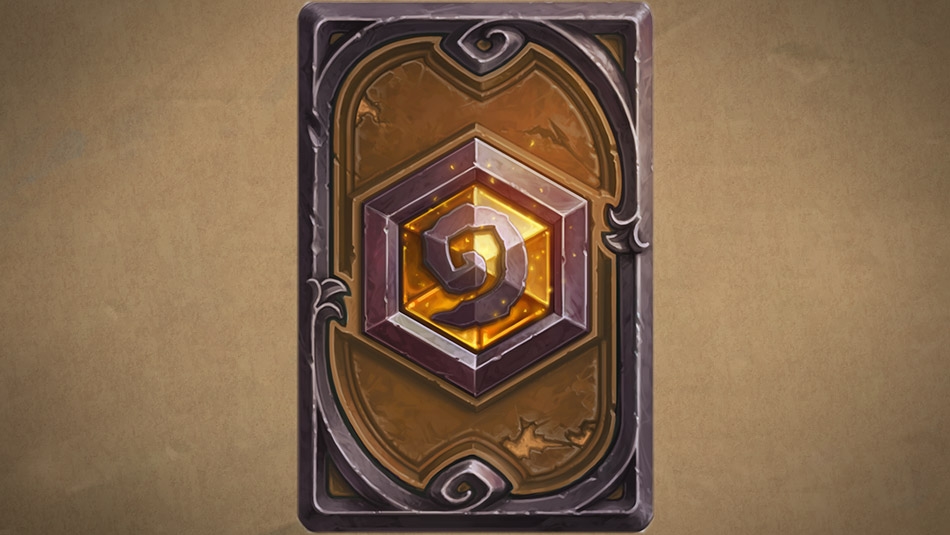
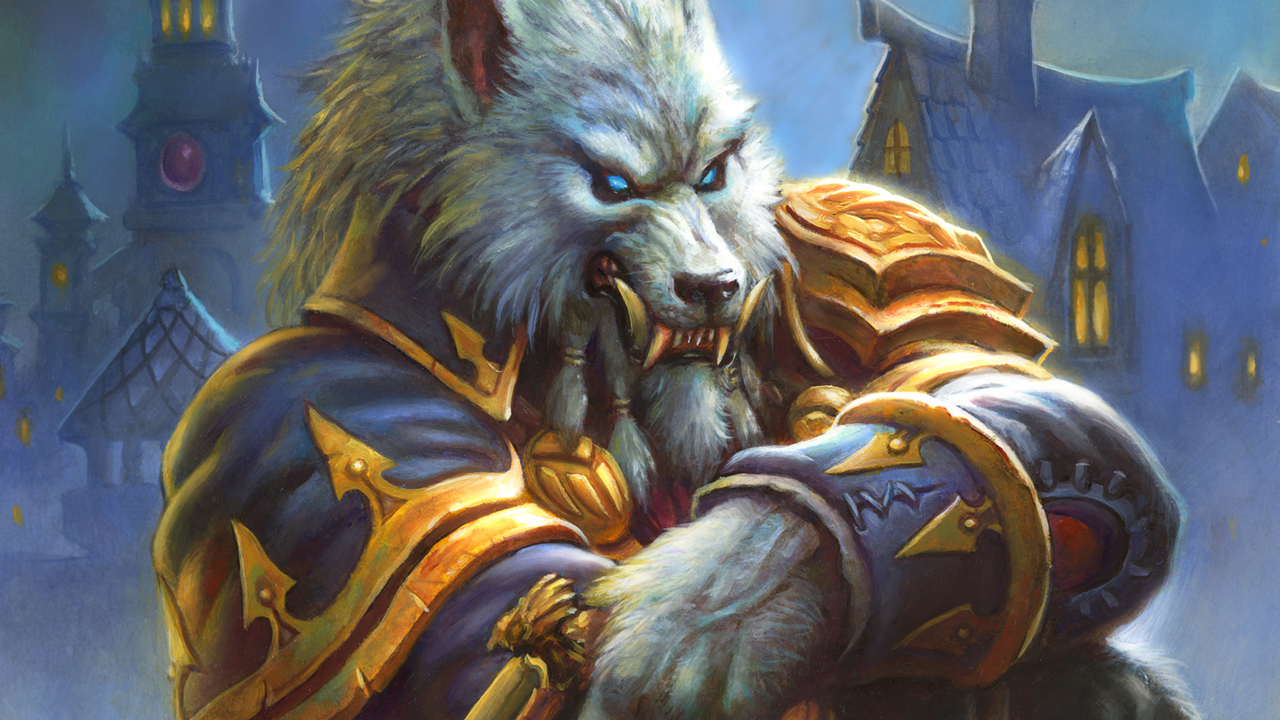
If you're venturing into the Standard ladder, be on the lookout for these 7 cool Hearthstone decks that could shake up The Witchwood meta.
Of course, there are plenty of people who regularly hit Legend rank like its no big deal - and if you've ever perused Twitch's selection of Hearthstone streamers (as I've done for countless hours), it can feel like everyone and their mother has managed to make it happen. In reality, though there are a few thousand players kicking around Legend on each server at any given time, it's a miniscule fraction of the overall playerbase. Blizzard has only once given a sense of just how small it really is: in 2014, Legend rank represented the top 0.5% of all players. Granted, a lot's changed since then; as of March 2018, you only drop a mere four ranks at the end of each season, rather than tumbling back down to the dregs and having to practically start over. Former game director Ben Brode (we miss you, bud!) explained the reasoning for the ladder tweaks in the video below, saying "overall, these changes should really help out with that feeling of 'the grind' for the Legend-level players, and improve the feeling of progression and the matchmaking for players at the bottom end of the ladder."
How good are you, really?
I'd say these changes succeeded, and gave players of all skill levels a better sense of permanence for their monthly performance. But there's a hidden drawback to this reworked system, which really only starts to manifest over the course of multiple months: the notion that you are somehow owed progression up the ladder provided you play often enough. After all, shouldn't the more stable ranks allow for everyone to make an easier climb? This is the trap I fell into hard, and it's what made my inability to make forward progress so frustrating at the time. Blizzard implements a floor every five ranks on the path to Legend - but within these tiers, your rank can and will oscillate up and down, almost as though you're scaling and slipping on your ascent up an icy hill in equal, subtly Sisyphean measure.
To any of my fellow casual players looking to make the climb, a word of advice: Rank 5 and above can feel like another universe compared to the journey that got you there. Without win streaks giving you extra stars and quickly zipping you up the ranks when you're on fire, it becomes increasingly clear just how difficult it is to consistently win more games than you lose. Your competition is just as savvy as you are, unlikely to make bad plays and quick to figure out your win condition. Earlier this year, I got to chat with veteran Hearthstone designers Dean Ayala and Dave Kosak from Blizzard's Team 5, who told me a sobering truth: having a win rate in the 52-56% range is considered pretty good. In my darkest laddering moments, I'd often despair at the notion that my wins and losses were akin to little more than a coin flip, and I'd need to flip heads 25 times without a single tails showing up if I wanted to cross the chasm from Rank 5 to Legend.
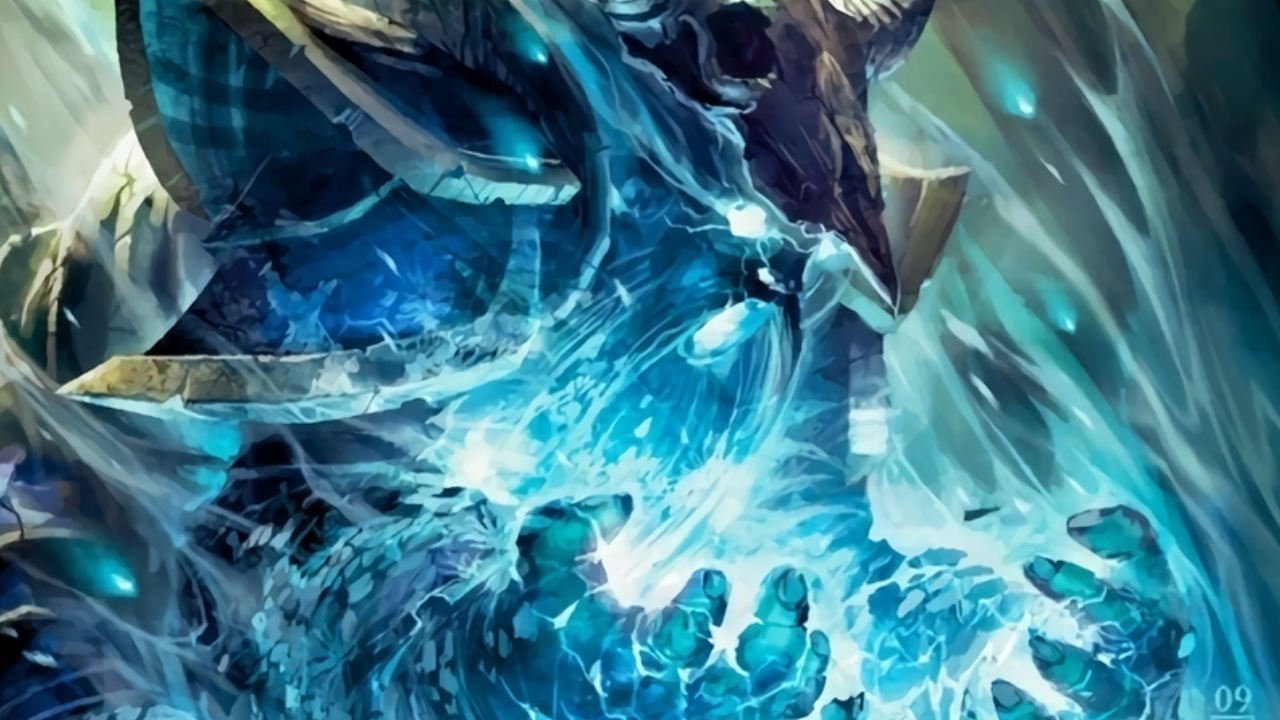
I started to feel like something of a Hearthstone tweaker.
Funnily enough, I had been quite pleased with myself for achieving Rank 10 for the first time only months earlier. My push to play more ranked Hearthstone games had all started so innocently, on the eve of the Kobolds & Catacombs set. I was determined not to spend too much money on packs, favoring more obscure, affordable deck archetypes over the prominent 'Tier 1' staples featuring plenty of expensive-to-make cards. But the higher I climbed up the ladder, the more obvious it became that I would need to invest way more time or money if I wanted a fighting chance with anything that wasn't an all-or-nothing Hunter deck. And because I wanted to progress now, I opted to buy packs like they were candy, racking up purchases in a hurry.
Don't care how, I want it now
I'd rather not say the exact dollar amount I blew through in the span of two-ish months, but let's just say I could've bought myself a new console with the money I spent on Hearthstone. Those Legendary cards weren't going to craft themselves, and I craved all the Arcane Dust I could get my hands on to try any deck that caught my eye. Opening packs by the dozens was a largely joyless experience; the cards themselves started to blend together, and all that mattered was the aggregate value of my dust to money spent.
Weekly digests, tales from the communities you love, and more
My aspirations to hit Legend had become an obsession, and I started to feel like something of a Hearthstone tweaker. I would get lost in thought throughout the day, replaying board states in my head and thinking about how I could've approached them differently, or ruminating about which strategies my deck of choice had to prepare for. I was breaking down unwanted Legendary cards for dust in desperation (which I would later come to regret whenever I wanted to play a deck requiring cards I had already opened and destroyed). When I wasn't playing Hearthstone myself, I was watching others play it and studying their moves intently. I would check the latest decks listed on the illustrious Hearthstone Top Decks with religious regularity throughout the day, hungry to see what new deck or tech choice the pros had zeroed in on this time.
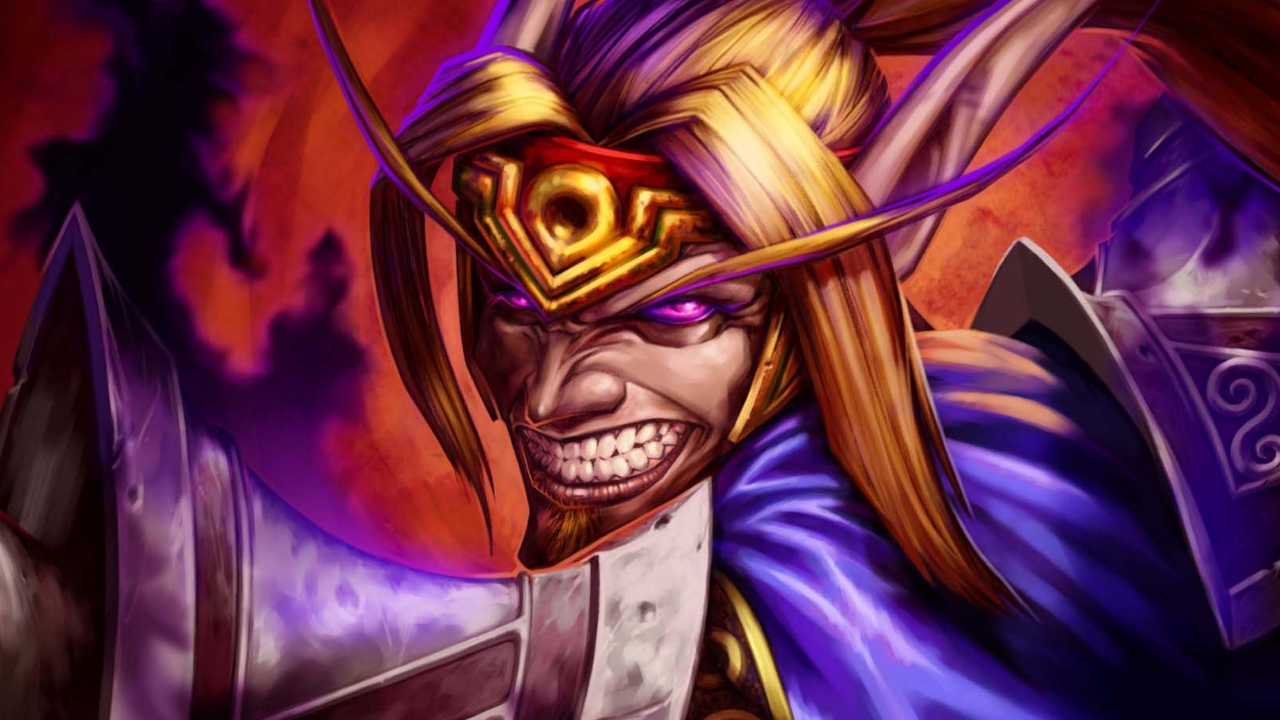
I have newfound empathy for how compulsive gamblers must feel during a losing streak.
After days, weeks, and months of this fervent devotion to all things Hearthstone, it happened: Rank 1, with five stars, just a single win away from Legend. And I failed to close out the last game I needed against what the community colloquially calls the 'final boss' opponent. I failed twice. And then I plummeted to Rank 2, then 3, then 4, then crashed onto the Rank 5 floor in a heap. It felt like some cliched scene from an action flick, where our hero makes a slow-motion leap for a mid-air object, stretching their fingertips to within millimeters of their coveted prize - and then realizes in horror that their reach wasn't far enough, before they fall into some unseen oblivion.
From this (twice) into six straight losses to (admittedly cool) off-meta decks down to Rank 2 aiieeeee (also shoutouts to @Thodar) pic.twitter.com/xaooSqwmklMarch 26, 2018
For a few days after my brush with Legend, I practically felt like throwing up whenever I looked at my tweet above commemorating the harrowing moment. All the weeks of work I had put into reaching Rank 1 was undone in a matter of hours, as I succumbed to the tilt and surrendered to the downward spiral. I have newfound empathy for how compulsive gamblers must feel when they're in the throes of a particularly nasty losing streak: they continue on in sort of a fugue state, not knowing why they do what they do, numb to the overwhelming sense of defeat that'll hit them like a ton of bricks when it's all over. Hell, there weren't even any stakes for me besides my own pride; the pressure on pro players who need top Legend finishes for HCT points sounds mind-warpingly straining.
Finding the fun again
You'd think an experience like that would turn me off Hearthstone forever - and in a sense, I did turn my back on that particular style of play, with the focus solely on hitting Legend rather than having a good time. I have no aspirations of becoming a pro Hearthstone player, nor do I have delusions of possessing that kind of skill. So why put that kind of 'performance means everything' pressure on myself? Yes, it feels good to do well, and see that reflected in your rank. But now I find myself getting back to the days of every match feeling worthwhile, a battle of wits and luck-of-the-draw that's a learning experience, win or lose.
Variance will always be inherent to competitive, collectible card games; part of the fun is hoping that you draw what you need by the time you need it, not knowing exactly what the next turn holds in store. You also have no control over who you queue up against via matchmaking, where certain deck archetypes can sometimes feel like a rock-paper-scissors balance that favors one player before a single card has even been played. But what you do control is the deck you endeavor to master, and the power to play with a positive attitude that can reframe negative Hearthstone experiences. Now that I no longer strive to hit Legend, there's less incentive to play decks with a faster kill clock. I've lost my taste for aggro decks that can be put into seemingly hopeless positions if they run out of gas; now I've found my groove with the complex control decks that have myriad decisions to make each turn. The long-game playstyle means I play fewer games per session, but I find myself enjoying my time with Hearthstone far more than I did during the nigh-nauseating ups and downs of rapid-fire aggro matches.
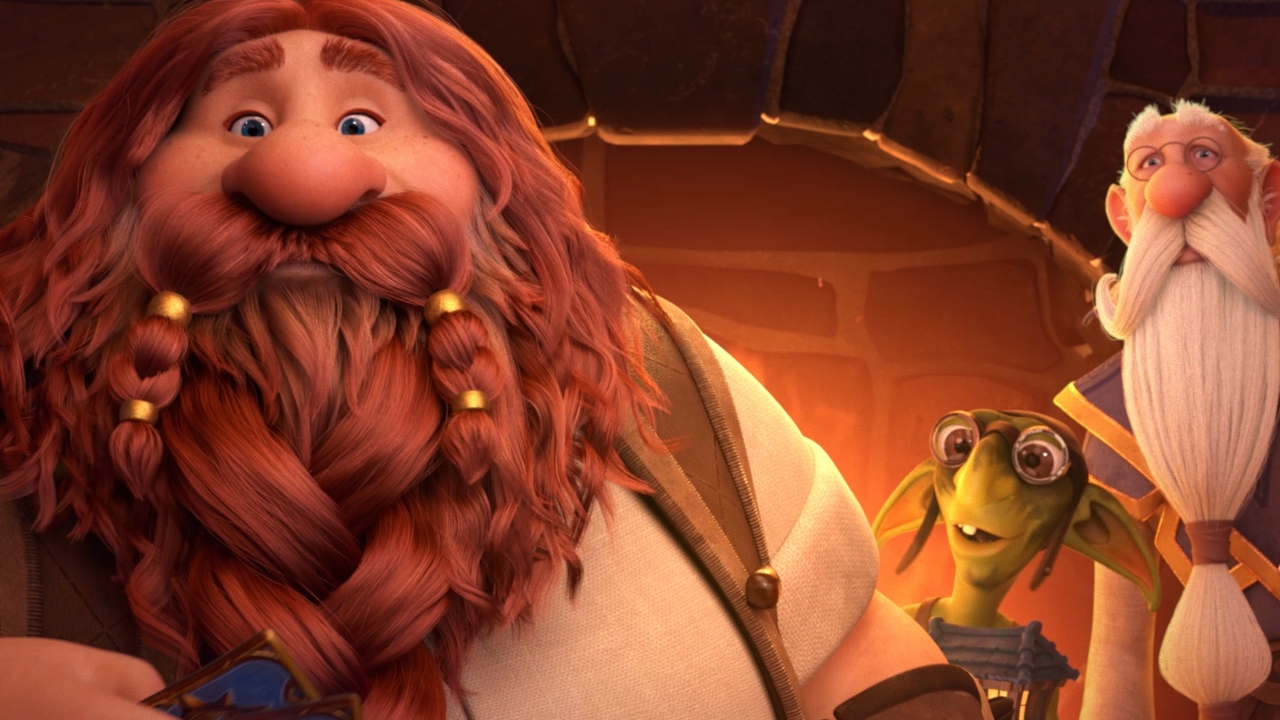
If this all sounds like a justification for my own inability to hit Legend, and a rationalization of why it's ok to quit sometimes, well... maybe it is. But then again, I've seen one too many Reddit threads and forum posts about players who pushed themselves to the limit and finally hit Legend - only to feel a sort of emptiness in the time, effort, and energy spent versus their personal satisfaction. I've beaten plenty of players who rock the Legend card back in my time, to the point that it feels like a nice but relatively innocuous badge of honor rather than an intimidating battle scar. Ultimately, if I’ve bested players who’ve hit Legend rank, what do I really have to prove by reaching it myself? I should be content with tracking a 55% win rate across hundreds of matches, because statistically, that is Hearthstone's definition of 'good.'
In following your favorite Hearthstone streamers (I'm an Asmodai guy all the way) and combing over helpful deck aggregators like the excellent HS Pro Deck Feed, it can often feel like everyone else has the competitive meta figured out but you, and a stagnant rank is the surest sign that your skills are lacking. But nobody wins all the time. I love the below tweet by pro player Jon 'Orange' Westberg, offering a friendly reminder to go easy on yourself when Hearthstone seems to hate you. Legend rank will always be there, should you decide to keep striving for it - but when fun is eclipsed by frustration and the self-loathing sets in, maybe it's time to re-evaluate what you're trying to accomplish whenever you play games.
Today my winrate in Hearthstone has been about 30%. Just one of those days you can't win with anything it feels like.Just wanted to post this as a reminder that a lot of us are struggling, when all you see on twitter are people that get top ranks with new decksApril 17, 2018
If you or someone you know is just starting out in Hearthstone, be sure to check out our guide to the best Hearthstone decks for beginners!

Lucas Sullivan is the former US Managing Editor of GamesRadar+. Lucas spent seven years working for GR, starting as an Associate Editor in 2012 before climbing the ranks. He left us in 2019 to pursue a career path on the other side of the fence, joining 2K Games as a Global Content Manager. Lucas doesn't get to write about games like Borderlands and Mafia anymore, but he does get to help make and market them.


